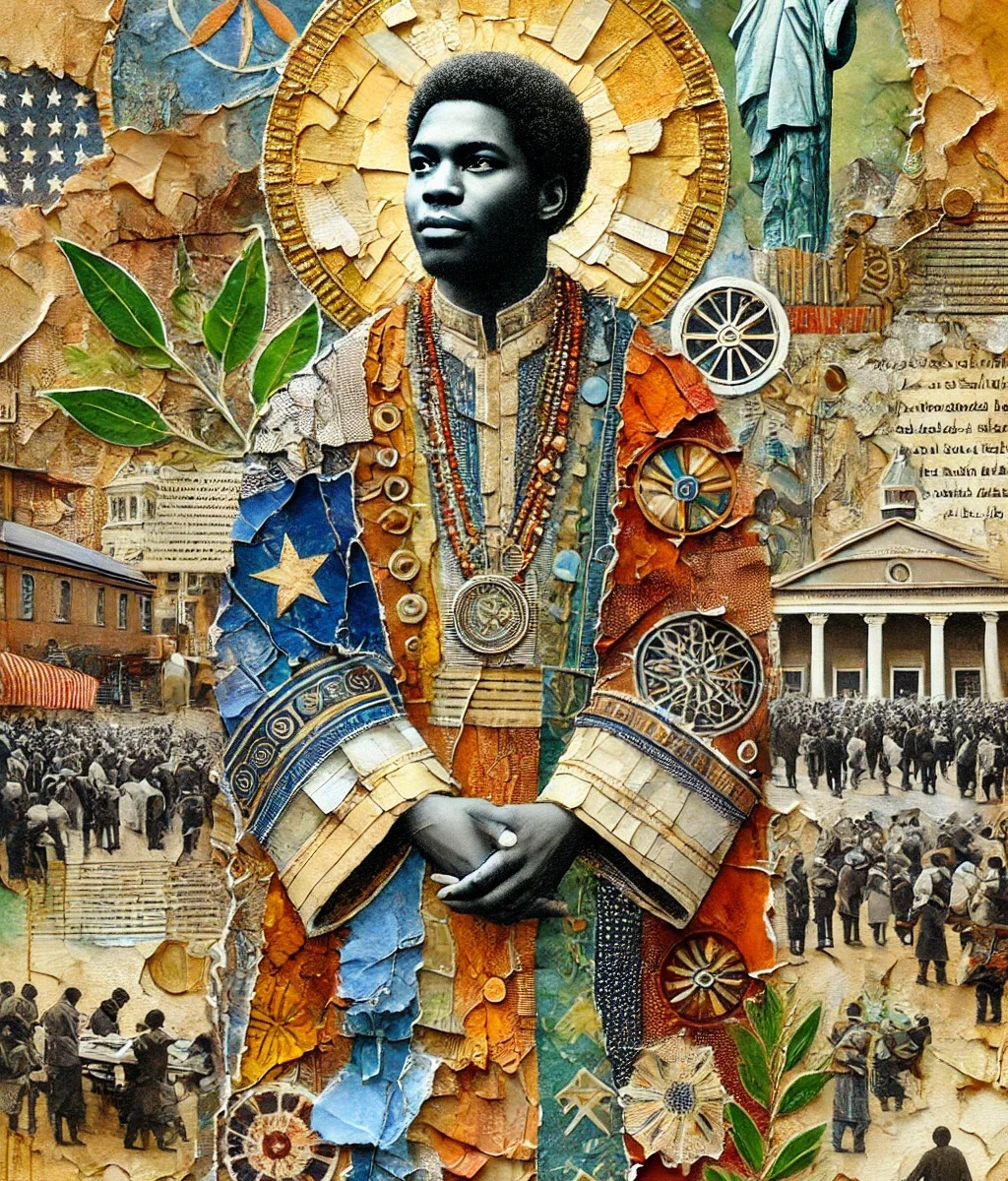Hope, Renewal & Inner Brightness

As the nights draw in and the world feels a little heavier, humanity has always reached for light. Candles, lanterns, hearth fires, lamps glowing in windows – across cultures, light has acted as a quiet declaration: hope lives here.
This time of year often invites us into a more reflective mood. The natural slowing of the season can create space to pause, take stock, and reconnect with meaning. The Festivals of Light series was created to honour that quieter impulse – a curated space for reflection, renewal, and soul-tending as we move toward the turning of the year.
This series gathers several essays into one place, weaving together cultural symbolism, spiritual insight, and practices for tending your inner brightness. Whether you’re navigating an “inner winter,” seeking a gentler rhythm, or simply wanting to end the year with intention, the reflections offer a handrail of light as you walk.
Why focus on light now?
Across traditions – Diwali, Hanukkah, Yule, Christmas, St. Lucia’s Day – light has long symbolised hope, resilience, and the return of life. These rituals remind us that while darkness is real, it is never the final word.
In a time marked by uncertainty and collective fatigue, reconnecting with symbolic and spiritual forms of light can feel deeply grounding. The series invites you to slow down, soften inwardly, and rediscover a steadier inner flame that doesn’t depend on external conditions.
What you’ll find in the series
The Festivals of Light collection explores:
- The symbolic power of light across cultures and traditions
- The cycle of descent and renewal, and how to work with it rather than resist it
- The relevance of ancient festivals today, especially in a hurried modern world
- Practical, reflective, and soulful ways of engaging with the season
- Simple rituals and gentle practices for closing the year and tending inner alignment
Each piece offers an accessible entry point into meaning-led living and spiritual reflection during the darker months.
Who the series is for
This series speaks especially to:
- sensitives, seekers, and reflective souls
- anyone experiencing an “inner winter”
- those craving grounded meaning during the holiday season
- people on a soulful, purpose-led path
- carers and change-makers who quietly hold the light for others
If you’re drawn to depth, gentleness, and inner coherence, you’ll feel at home here.
Begin the journey
You can explore the full series here, moving through it in whichever order feels right for you:
👉The Festivals of Light series
I hope that these reflections offer moments of peace, clarity, and quiet illumination just when you need them most.






